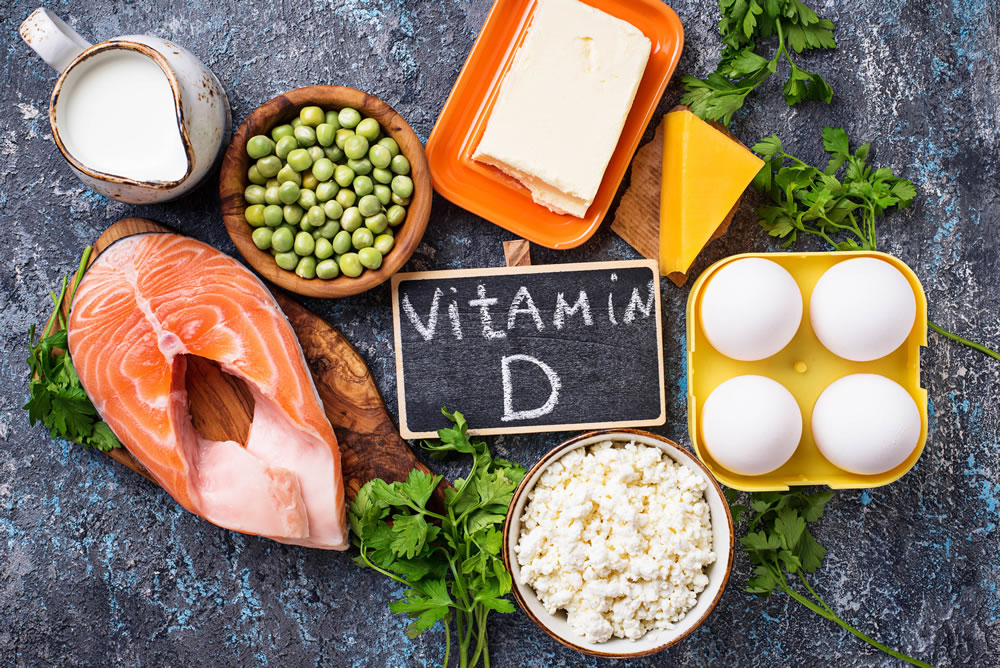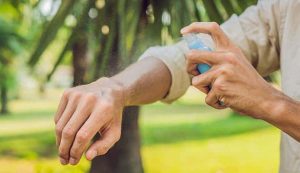Getting enough Vitamin D is much typically not a huge issue for most people today, but it was just a few years ago that a lack of this vitamin was a serious health issue. As recently as the early 1900s, many children suffered from rickets, a severe malformation of legs caused by a lack of Vitamin D.
- Fatigue
- Not sleeping well
- Bone pain or achiness
- Depression or feelings of sadness
- Hair loss
- Muscle weakness
- Loss of appetite
- Getting sick more easily
Vitamin D is vital to the formation of strong bones. When both children and adults don’t get enough Vitamin D, they may have a tendency toward skeletal problems, such as osteomalacia, rickets and weak bones. This is also one of the vitamins that can help regulate growth, making it very important for children in their formative years.
- It strengthens the immune system.
- It can help prevent certain types of cancer
- It boosts your mood
- It can aid in weight loss
- It can lower the risk of rheumatoid arthritis
- It lowers the risk of type 2 diabetes
- It can help lower blood pressure
- It may help reduce the risk of heart disease
You may think that milk is a natural source of Vitamin D, but milk is actually fortified with several vitamins, including Vitamin D. The practice began in direct response to the high number of rickets cases that hit the United States in the early 1900s. While milk is a good source of Vitamin D because it’s fortified with this vitamin, it’s not a natural source.
And getting Vitamin D naturally in the summer by soaking up some sun, but with the lack of sunshine in the winter – it is always good to ensure what you eat as sufficient D amounts.
Some fish are high in Vitamin D and make excellent sources of this vitamin during a typically daily intake. Two of the more common are tuna and salmon. That means that a tuna sandwich for lunch each day can provide a significant start on the amount of Vitamin D needed to maintain healthy bones. Mackerel, sardines and cod are also sources of Vitamin D – which means those doses of cod liver oil had some serious health benefits for the pioneers who had access to few real medicines.
Eggs are another natural source of Vitamin D. You can use eggs in many ways to increase the amount of Vitamin D in your daily diet. Egg salad sandwiches are a quick “on the go” option, but boiled eggs also make a good “fast food” for breakfast or as a mid-morning snack.
Many people don’t like liver, but beef liver is a good source of Vitamin D. There are other benefits of liver, including the fact that this is an excellent natural source of iron – important if you’re trying to boost your iron or battle anemia. Unfortunately, it takes quite a large serving of beef liver to significantly increase the amount of Vitamin D in your diet.
- Cod liver oil
- Salmon
- Swordfish
- Tuna fish
- Orange juice fortified with vitamin D
- Dairy and plant milks fortified with vitamin D
- Sardines
- Beef liver
One thing to remember is that many dairy products are fortified with Vitamin D, but are not natural sources. That means that milk, cheese and other dairy products won’t help you get the Vitamin D you need unless those products have been fortified with this important vitamin.
Be sure to check the label before you assume that you’re getting the Vitamin D you need from your daily dairy consumption.
And if you are concerned about lack of Vitamin D in your diet, supplementation is always a great idea.







Be First to Comment